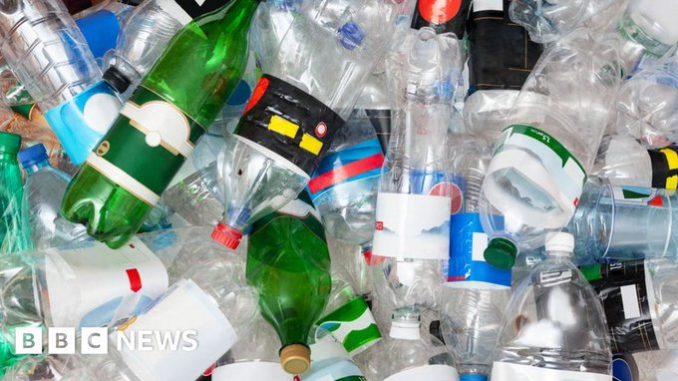
There is a lot of rubbish in the world.
Approximately 2.24 billion tonnes of solid waste was produced in 2020, according to the World Bank. It says the figure is likely to rise by 73% to 3.88 billion tonnes by 2050.
Plastic is particularly problematic. From the start of large-scale production of the material in the 1950s until 2015, more than 8.3 billion tonnes of plastic waste was produced, research from the Universities of Georgia and California calculated.
Someone who will not find those statistics surprising is Mikela Druckman. She has spent a lot of time looking at what we throw away, as the founder of Greyparrot, a UK start-up that has created an AI system designed to analyse waste processing and recycling facilities.
« In a single day you will have literally mountains of waste in one facility coming through, and what’s very shocking and surprising is that it never stops, » she says. There are no holidays for waste, it just keeps coming. »
Greyparrot places cameras above the conveyor belts of around 50 waste and recycling sites in Europe, utilising AI software to analyse what passes through in real-time.
